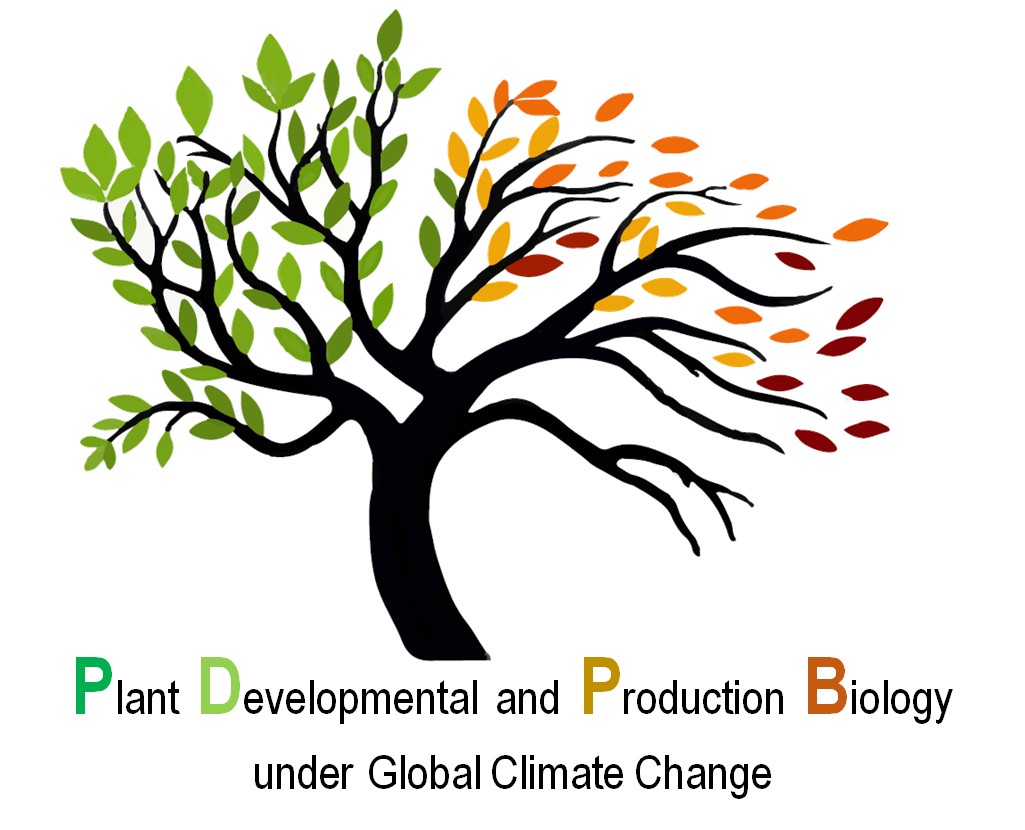| |
|
Understanding the response of Arabidopsis under climate change scenarios |
| |
|
Sahu PP [a, b], Nawaz K [a], Klem K [c], Urban O [c], Pecinka A [a]
|
| |
|
|
| |
|
[a] Institute of Experimental Botany, Olomouc, CZ
[b] Max Planck Institute for Plant Breeding Research, Cologne, DE
[c] Global Change Research Center AS CR, Brno, CZ
|
| |
|
|
| |
|
It has been projected that future changes in the climate will bring significant alterations in temperature, carbon dioxide concentration, precipitation and solar radiation. A direct consequence will be a remarkable decrease in agricultural productivity and therefore in the availability of food resources to public. Plants have the capacity to sense environmental changes and integrate this information in the genome to allow them to better adapt. To assess this capability, we examined the performance of Arabidopsis thaliana under simulated current (year 2020) and future (year 2050) climate regimes representing Central Europe and Northern Africa. It revealed that the future climate may have a profound effect on biomass accumulation and flowering time. Furthermore, global analysis of gene expression and metabolite profiling identified key essential genes and compounds required for climate sensing and adaptation. Over all, the study resulted in the identification of key physiological, morphological and molecular events which will provide us with knowledge to design transformative approaches to mitigate the effects of climatic change in crop production.
|
| |
|
|
| |
|
This research was supported by Marie Skłodowska-Curie Actions Individual Fellowship grant of European Commission (Grant Number: 747718) to .P.PS., and MPIPZ core funding, Purkyně fellowship and grant LTC18026 from MŠMT to A.P. |
|

